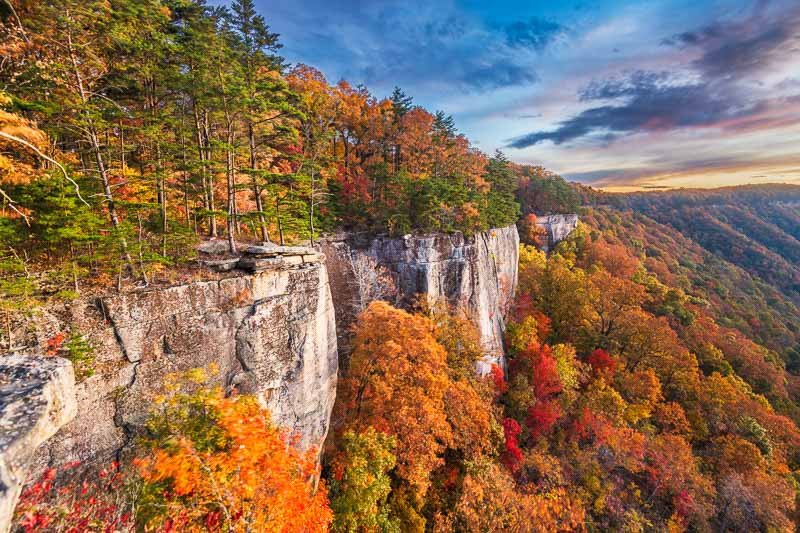West Virginia Native Plants: Expert Tips for Gardening Success
Gardening with West Virginia’s native plants supports local biodiversity and can result in a sustainable, resilient landscape. Here are some expert tips for successful native plant gardening in West Virginia:
- Choose the Right Plants: Select native plants that suit your garden’s conditions, such as light exposure, soil type, and moisture levels. West Virginia’s diverse habitats offer a range of plants suitable for different garden environments.
- Prepare Your Soil: West Virginia soils can vary greatly. Enhancing your soil with organic matter can improve fertility and drainage, fostering healthy plant growth.
- Water Wisely: While native plants generally require less water once established, they will need regular watering during their first year, especially during dry periods.
- Plant in Communities: Emulate natural plant communities by planting in clusters or groups. This not only creates visual appeal but can also support local pollinators.
- Support Local Wildlife: Incorporate plants that provide food and habitat for local wildlife. Many West Virginia natives produce nectar, seeds, or berries that attract beneficial insects and birds.
- Minimize Chemical Use: Native plants often require fewer fertilizers and pesticides as they are adapted to local conditions and pests. Limiting chemical use can protect beneficial insects and preserve soil health.
- Buy Local: Support local plant communities by purchasing native plants from local nurseries. This ensures that your plants are adapted to West Virginia’s unique conditions and supports local businesses.
By following these expert tips, you can establish a thriving, sustainable garden that supports West Virginia’s unique biodiversity and contributes to the overall health of the local ecosystem.

